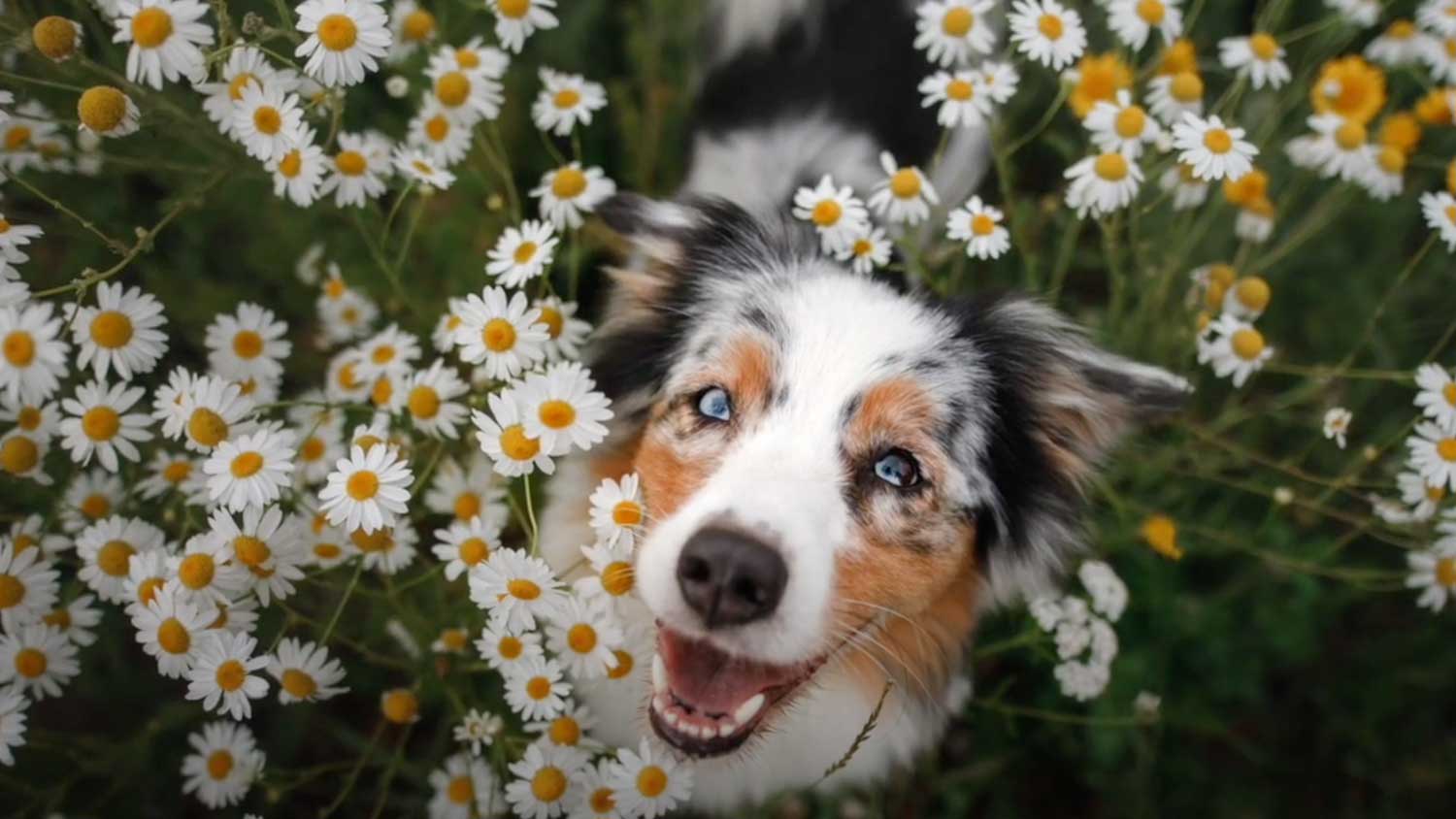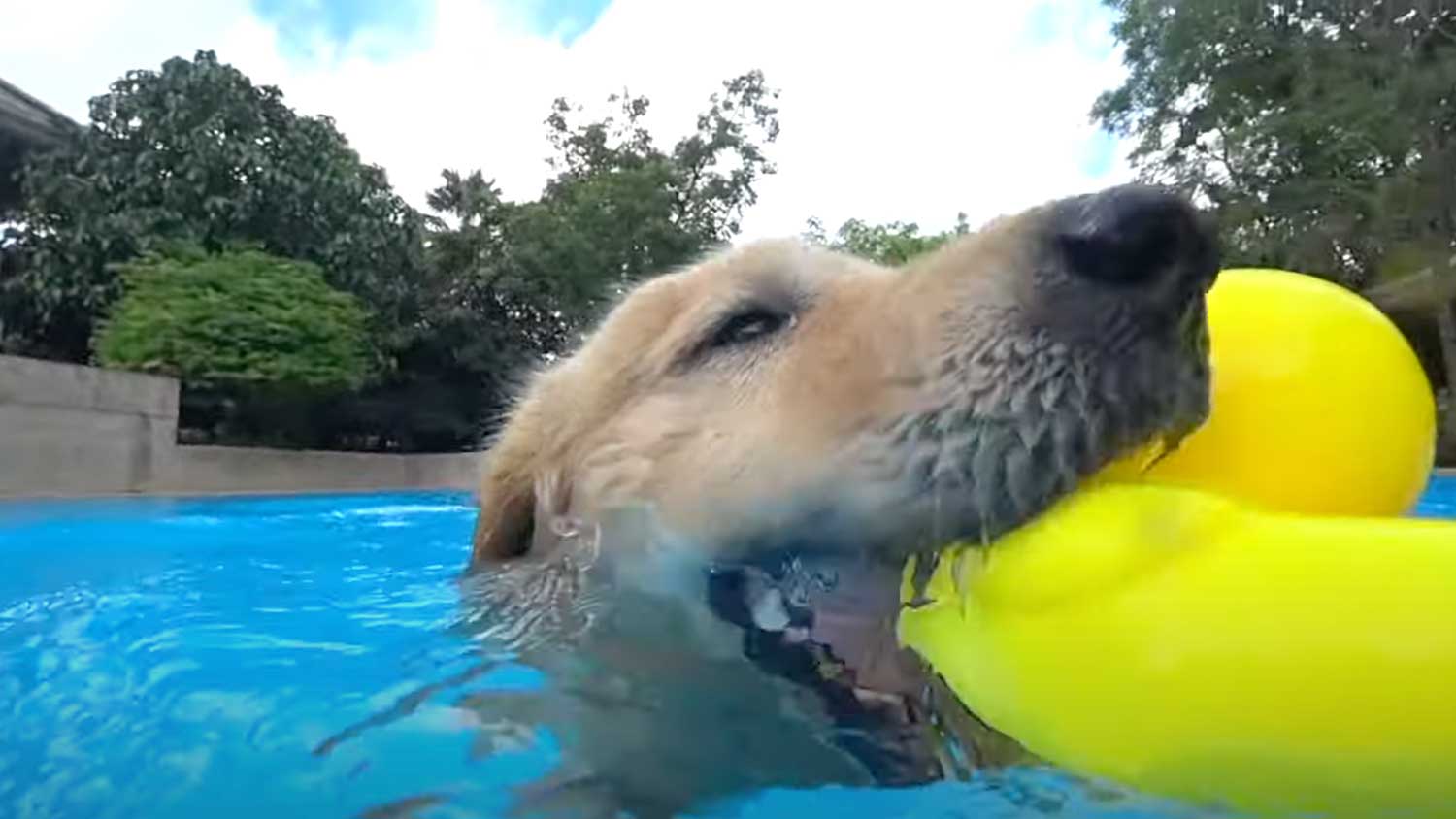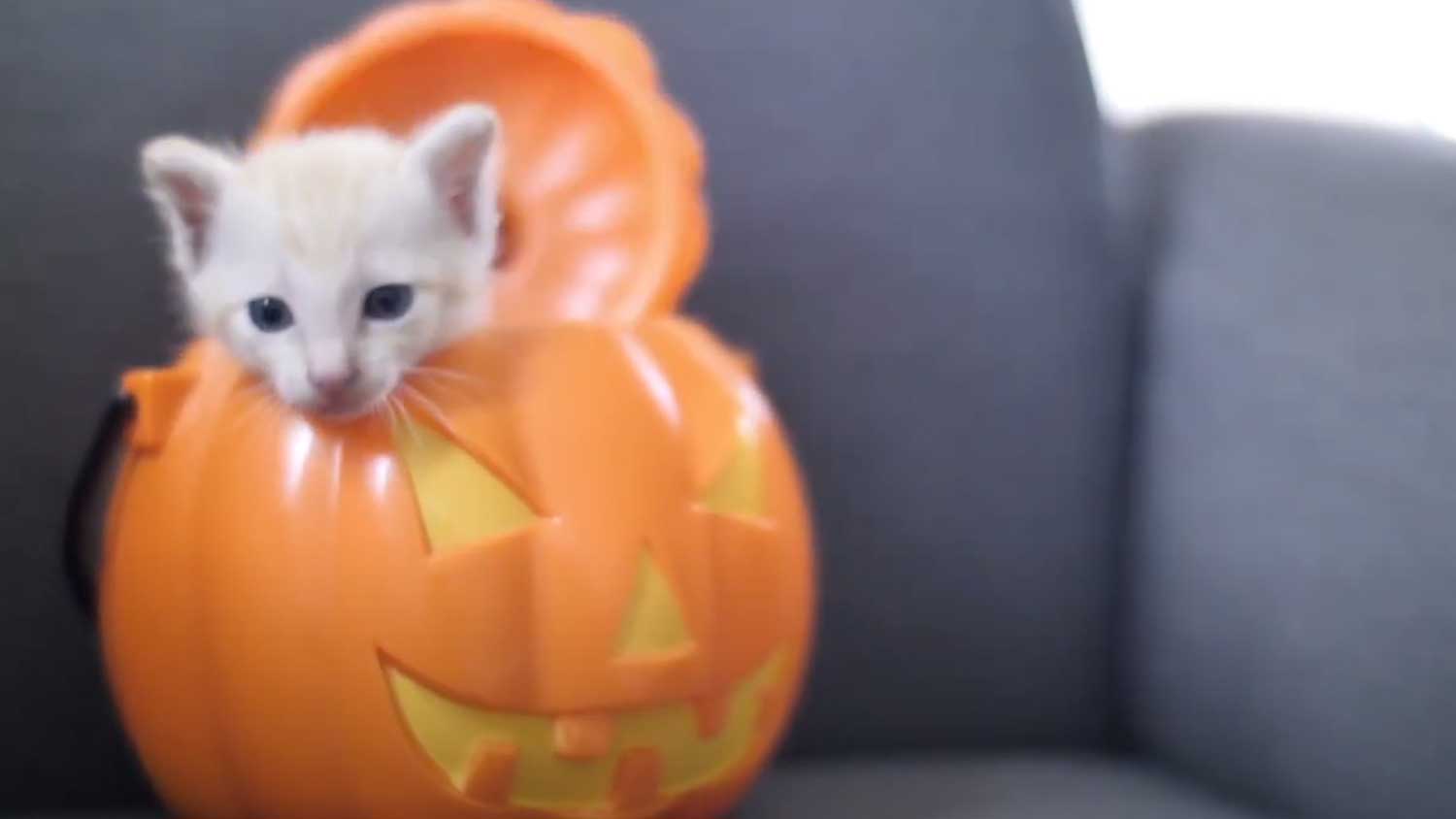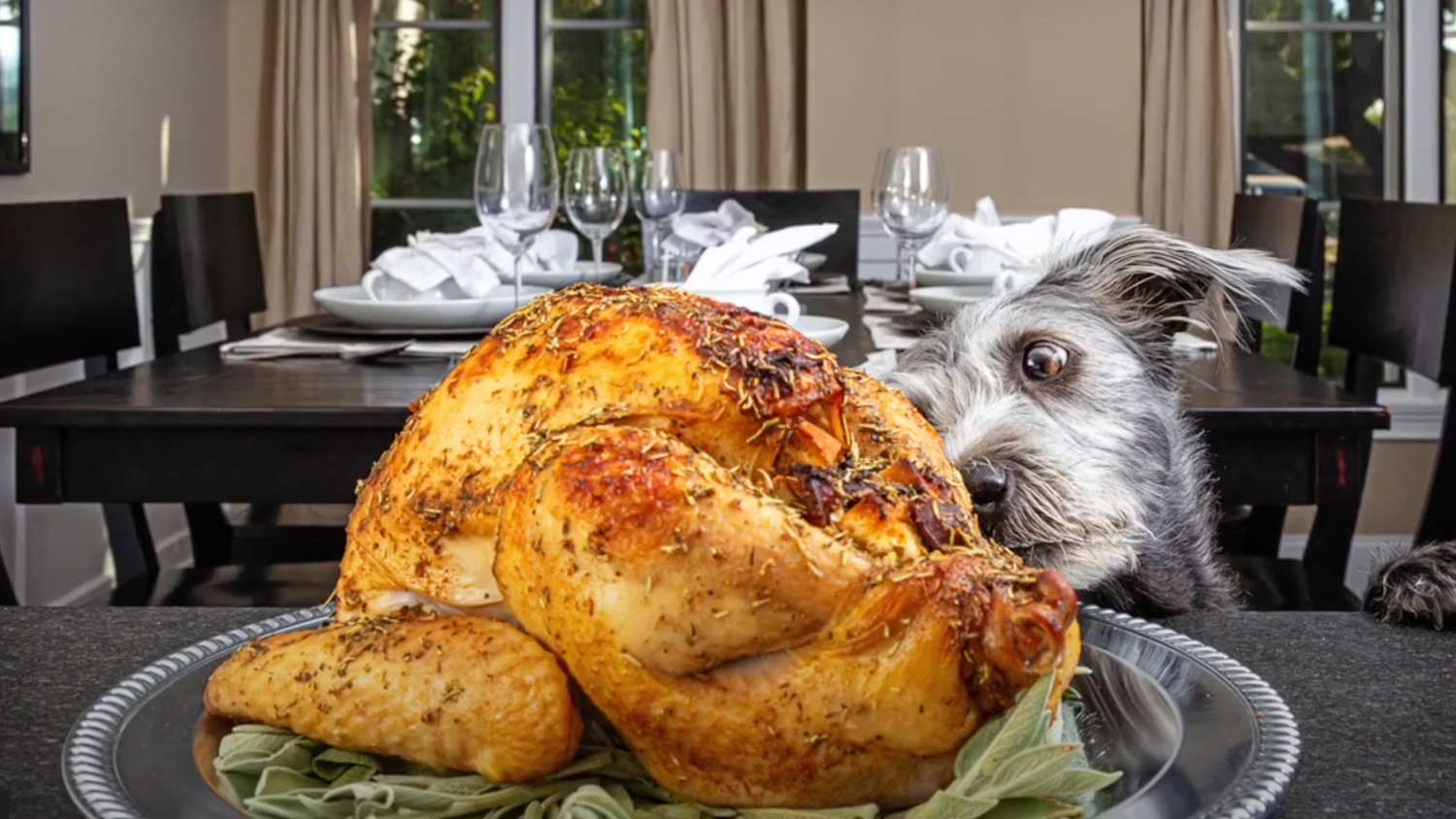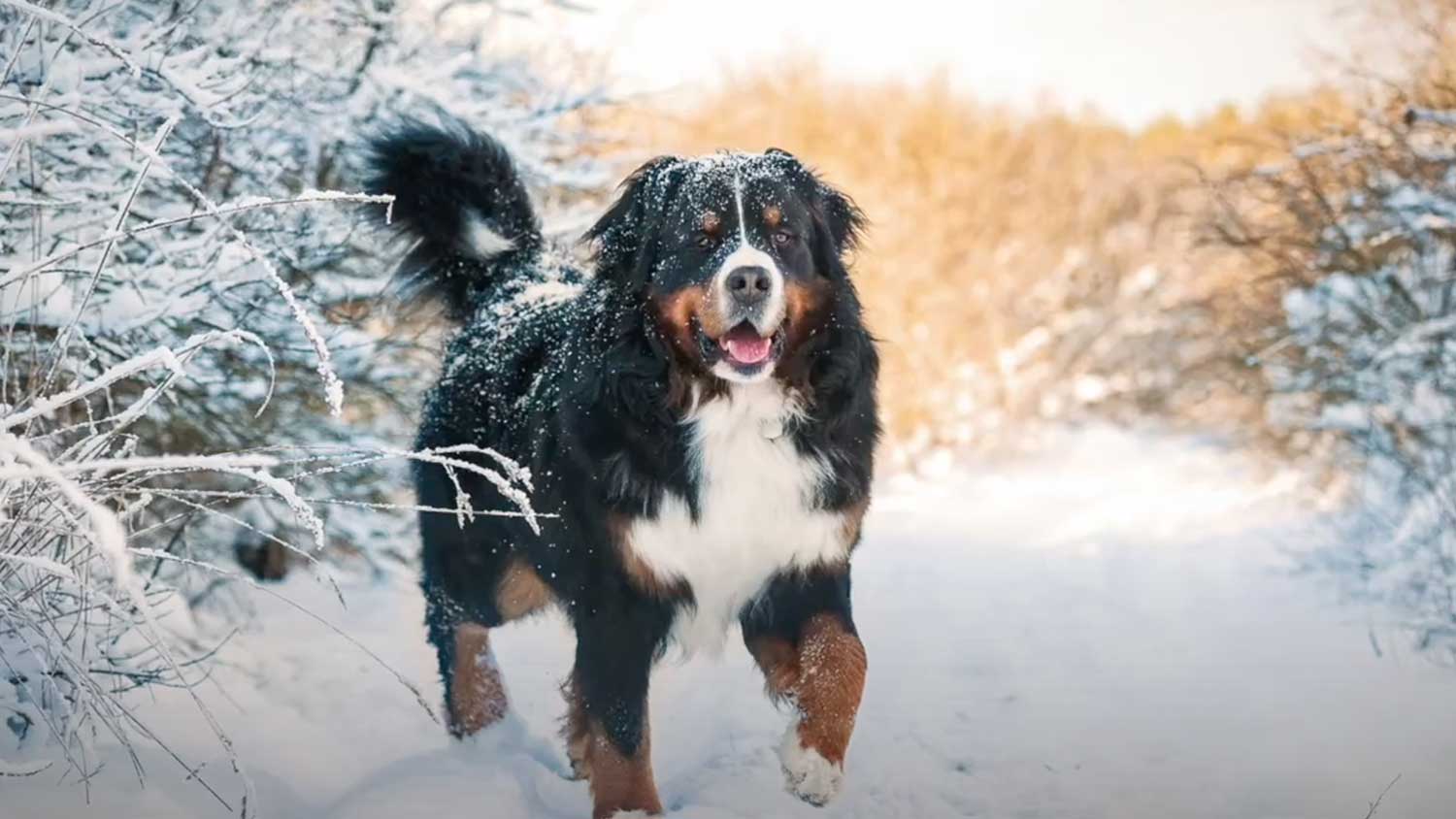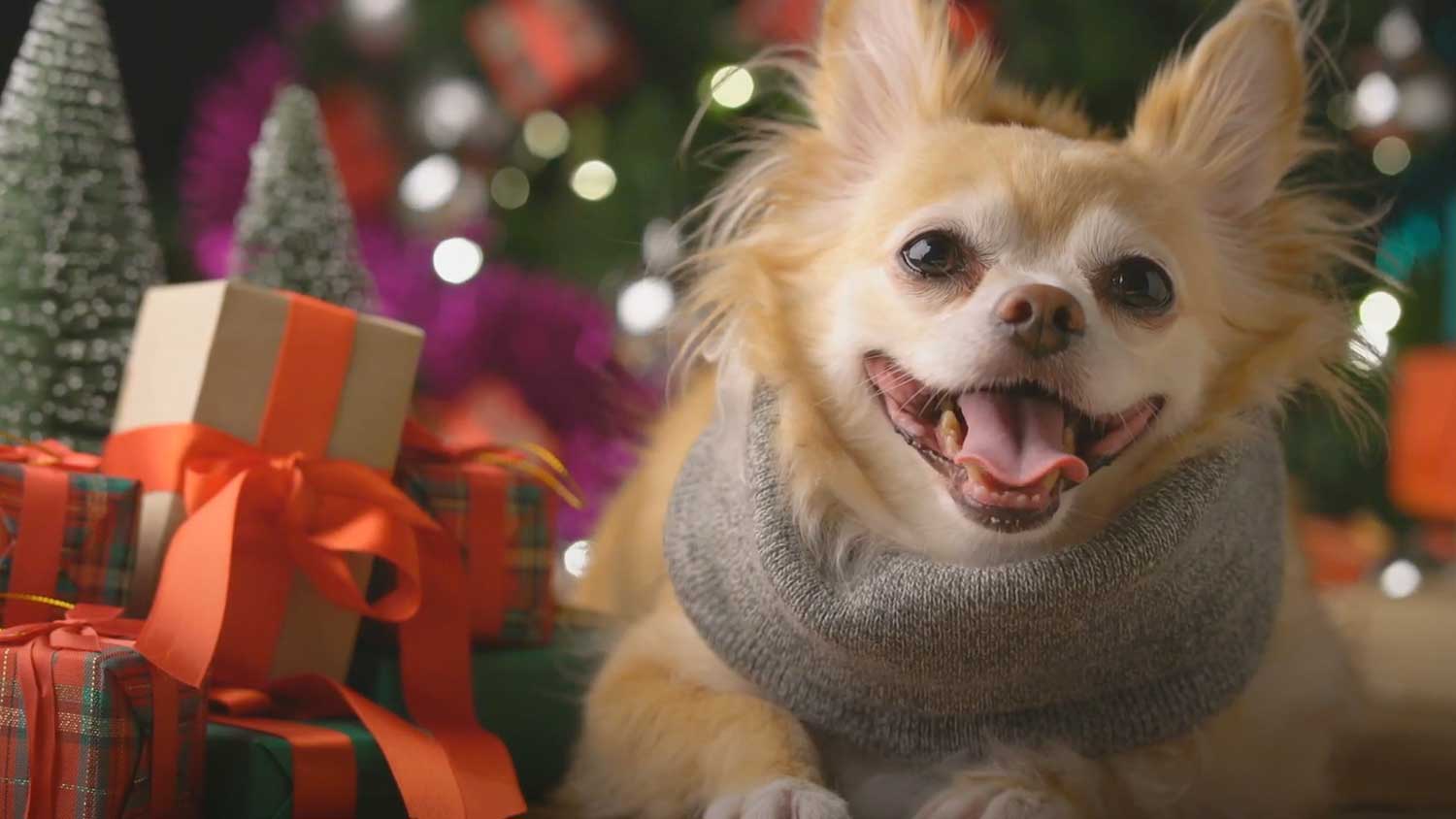Animal Safety Tips
Keeping your animals safe is key to a healthy, happy companion.
Spring and Pet Safety
As spring arrives and the weather gets warmer, we’ll start to head outside more with our dogs and maybe do some gardening. It’s also the time of year when many people celebrate Easter. The NC State Veterinary Hospital has some important safety tips to consider this time of year.
- As you get out for more walks and outside playtime, make sure your dog is up to date with all vaccinations, has a microchip for identification and wears a tag with your contact information. Keep them on a leash when walking.
- Watch for snakes and check your pet for ticks after you venture out. Also make sure they are up to date on flea, tick and heartworm medication.
- Some plants and mushrooms can be harmful and make your dog sick if eaten. It’s best to try to keep them from eating things you are not sure about.
- This is the time of year when many people work in their yards and gardens and do some spring cleaning. Some yard and garden products like fertilizers, insecticides and pesticides as well as citronella candles can be harmful to your pets. Household cleaners can be toxic, too, so keep them away from your pet.
- For those who celebrate Easter, it’s important to know that some household plants like lilies can make your pet sick. You should also keep your pets away from Easter candy, especially chocolate.
- If you have any concern about your pet, you should always start by calling your local veterinarian for advice.
Summer and Pet Safety
Summer is a fun time of year, but also a hot one for people and pets. The NC State College of Veterinary Medicine has some important safety tips you should know to keep you furry friends safe.
- Pets can suffer from heat stroke, dehydration, even sunburn. Your pet has limited sweat glands—found mostly on the nose and the pads of the feet—and it does not take long for a pet to become dangerously overheated.
- Take walks in the cooler parts of the day and carry water with you for you and your dog. Remember asphalt gets very hot. If you cannot hold your hand on the asphalt for 30 seconds it is too hot to walk your dog.
- Make sure your dog has ample shade and a constant source of cool water when outside. Consider an inexpensive child’s plastic pool as a quick cool down for your pet or a cool spray from the garden hose.
- Never leave your dog in the car. Even on a pleasant day, temperatures in a parked car with the windows rolled down can exceed 100 degrees within 10 minutes.
- Some dogs love to swim, but you should never leave one unattended and make sure the water isn’t too deep, especially if it’s their first time. Also, be careful of ponds and other stagnant water that could contain various water-borne parasites.
- Some yard and garden products like fertilizers, pesticides, as well as citronella candles can be harmful to your pets.
- Summer is high season for fleas and ticks of all kinds and the appropriate application of veterinarian-recommended tick medication can help keep your pet free from these pests and maintain recommended heartworm medication since the potentially deadly heartworm disease is transmitted by mosquitoes.
- If you have any concern about your pet, you should always start by calling your local veterinarian for advice.
Fourth of July and Pet Safety
The Fourth of July is a fun time for celebrating outside, near the water and with fireworks displays. It’s also a time with some increased risks for your pets. The NC State College of Veterinary Medicine has some helpful tips to keep your pets safe.
- Fireworks can be scary for your pets. If they’ve had a negative reaction in the past, or you’re not sure how they’ll react, make sure your pets have a quiet, safe place to be like a crate or an escape-proof room.
- If they are outside, make sure pets are on a leash or in a contained fenced in area.
- In case a spooked pet does get out, make sure your pet has a microchip for identification and wears a tag with your contact information.
- Try to keep pets at home if possible and not bring them out to firework displays or other large outdoor gatherings.
- If you are celebrating at home, keep pets away from hot grills, sparklers, fireworks, glow sticks, citronella candles, insects sprays or other potentially harmful things.
- Also keep pets away from all people food and trash at your backyard cookout.
- Some dogs love to swim, but you should never leave one unattended and make sure the water isn’t too deep, especially if it’s their first time. Also, be careful of ponds and other stagnant water that could contain various water-borne parasites.
- Remember, pets can suffer from heat stroke, dehydration and even sunburn. Your pet has limited sweat glands—found mostly on the nose and the pads of the feet—and it does not take long for a pet to become dangerously overheated.
- Take walks in the cooler parts of the day and carry water with you for you and your dog. Remember asphalt gets very hot. If you cannot hold your hand on the asphalt for 30 seconds it is too hot to walk your dog.
- Make sure your dog has ample shade and a constant source of cool water when outside.
- Never leave your dog in the car. Even on a pleasant day, temperatures in a parked car with the windows rolled down can exceed 100 degrees within 10 minutes.
- If you have any concern about your pet, you should always start by calling your local veterinarian for advice.
Halloween and Pet Safety
Halloween is a fun time for costumes, treats and spooky decorations, but all of those things can pose some risks for your pets. The NC State College of Veterinary Medicine has some helpful tips to keep Halloween safe.
- Keep pets away from all candy. Most pet owners are aware of the hazards of chocolate, but other treats contain xylitol, an artificial sweetener which can be toxic to animals.
- Generally, keep all human Halloween food away from pets and be sure to tell children not to feed anything to animals.
- If you plan to dress your pets in costumes, be extra cautious. Have your pet try the outfit on in advance to check the reaction and make sure it doesn’t impair vision, breathing, hearing or movement.
- Do not use costumes that have small parts, loose ends or anything around the neck. A costumed pet should never be let alone.
- Make sure pets can be identified. With the front door constantly opened for trick-or-treaters or parties, there’s a risk of pets running into the neighborhood. Microchips are helpful for identification, as are collars with identifying tags. Even better: a collar that has reflective properties that helps cars see animals near or in roads.
- When it comes to Halloween decorations, make sure pets do not have access to open flames or electrical wires that can be chewed. Make sure there aren’t decorations within your pets reach or wagging tail that can be eaten or knocked over, leading to choking or burns.
- Pumpkins and other gourds are generally safe for pets to eat, but can cause upset stomachs and cause diarrhea.
- Pets may not be used to people in costumes and can be easily startled. This can lead to bites, scratches or running away from people your pet perceives as scary. Consider putting your pet in a quiet room away from ringing doorbells, costumed visitors and open doors.
- Try to walk your dog earlier on Halloween and keep a tight hold of the leash to avoid any potentially scary encounters.
- Keep outdoor cats indoors on Halloween.
- Feed pets before Halloween activities begin.
- If you have any concern about your pet, you should always start by calling your local veterinarian for advice.
Thanksgiving and Pet Safety
Thanksgiving wouldn’t be the same without our pets — they’re members of the family, after all. But with an overabundance of enticing food, busy schedules and perhaps a lot of unfamiliar guests, pet health and safety risks can increase. The NC State College of Veterinary Medicine has some helpful tips to keep the holiday safe.
- Do your best to keep people food and pets as separate as possible. You may want to celebrate the day by giving them a few bites here and there, but a pet’s health should win out. Pet diets should be a constant.
- Fatty scraps such as chicken skin and oily dishes, as well as other rich foods, can lead to severe digestive tract issues. That includes pouring gravy or fat liquid over dry pet food).
- Turkey bones can splinter and some can fracture a pet’s teeth. Think about making or buying a holiday treat just for them instead of giving them bones from the table.
- Among other foods pets should never eat: yeast dough; chocolate; coffee beans and grounds; grapes and raisins; onions and garlic; Macadamias and walnuts; mushrooms; nutmeg; sage; the sweetener Xylitol; and raw or undercooked meat.
- Keep trash in a place where pets can’t find it, preferably in a closed container outside or behind a closed door. Make sure trash bags are covered and tightly secured.
- If you’re hosting a large Thanksgiving dinner, pets may be confused or scared by the slightest hint of the unfamiliar. Make sure pets see you interacting positively with guests and show that they aren’t threats. This may influence how your pet behaves around them as well, especially if they have never met them.
- Another option is creating a pet “safe room,” an area of the home they are familiar with, comfortable in and a place guests are unlikely to wander into. One approach is putting a dog on a leash and walking them around to get used to everything that is new. You may also find it helpful to have them greet guests while on the leash.
- Keep a close eye on pets, especially as guests enter and exit, so they aren’t able to make a break for it through the door. The holidays are a great time to make sure identification tags and microchips are updated.
- If you’re traveling this Thanksgiving, taking along pets requires careful consideration.
- If you are driving long distances with your pet, stop to take breaks and check on them periodically. Make sure dogs can use the bathroom while on a leash at areas such as rest stops. Bring along plenty of water, as well as food and treats.
- Cats must be in carriers to travel safely in a car, though carriers may not be necessary for dogs. Consult with your primary care veterinarian about your pet’s specific travel needs.
- If you’re flying, check in advance with your carrier; airlines have regulations for traveling with pets. A good way to prepare for long-term confinement in a plane is working with your pets ahead of time to help them get accustomed positively to a carrier required by airlines. It’s usually not a good idea to put them in a carrier for the first time right before takeoff.
- If boarding your pet for Thanksgiving, make sure it is at a kennel they are familiar with. If using a kennel for the first time, have your pet visit it first and try day boarding ahead of the holiday. Chat with staff about your pet’s needs.
- Animals pick up on their owners’ stress, emotions and moods.Think of ways to alleviate the holiday stress that comes with party-hosting, cleaning, cooking and last-minute shopping.
- Find room in your schedule to spend a bit of quality time with your pets, even during the rush-rush holidays.
- If you have any concern about your pet, you should always start by calling your local veterinarian for advice.
Winter Weather and Pet Safety
Winter can bring the fun of a snow day, but also some additional risks for people and pets. The NC State College of Veterinary Medicine has some helpful tips to keep your pets safe in the colder temperatures and on snowy or icy days.
- Fur does not mean complete protection from the cold. Don’t leave pets outside in extreme cold weather. If it’s too cold for you to stay out, it’s too cold for them.
- Check your dog’s paws for ice around the pads and for irritation from sidewalk and road salt, which can lead to cracked paws, discomfort and possible infection.
- Be careful on off-leash hikes that your dog does not venture out onto frozen ponds and lakes to break through too thin an ice cover.
- Be aware colder temperatures may mean outdoor cats and wildlife may find car engines offer a warm respite.
- Make sure horses and other outdoor animals have constant access to liquid water when the temperature drops below freezing.
- Some manufacturers are changing chemicals used in antifreeze, but assume any spills are highly toxic and even a few licks or walking through the fluid can be deadly.
- Other potentially dangerous items include windshield washing fluid and ice melt products that can cause gastrointestinal tract irritation, depression, weakness, seizures, cardiac issues, and other life-threatening issues.
- If you have any concern about your pet, you should always start by calling your local veterinarian for advice.
Holiday Season and Pet Safety
The holidays are a great time to celebrate and spend some quality time with family, friends and pets. Some of the things that make celebrations festive this time of year can also be potentially harmful to our furry friends. The NC State College of Veterinary Medicine has some helpful tips to keep the holidays safe.
- Keep people food away from your pet by not giving unhealthy treats or allowing unguarded access to food, leftovers or garbage. Some human foods may be toxic to animals such as onions, grapes, chocolate and coffee.
- Keep pets away from holiday plants such as poinsettias, mistletoe, holly and Christmas rose.
- Anchor Christmas trees; climbing cats and curious dogs can knock over your tree.
- Watch pets around decorations including ornaments, ribbon, tinsel, gift wrapping, candles, lights and cords (try decorating the lower portion of the Christmas tree with non-breakable decorations.)
- Ensure pets cannot access possibly toxic Christmas tree water if preservative chemicals are added.
- Be careful with people toys and gifts that can be a great temptation for curious pets.
- Help keep your pet’s stress low. Make sure they have a quiet, safe place if there are more people around or changes in routines.
- If you’re traveling over the holidays, make sure to plan ahead.
- If you are driving long distances with your pet, stop to take breaks and check on them periodically. Make sure dogs can use the bathroom while on a leash at areas such as rest stops. Bring along plenty of water, as well as food and treats.
- Cats must be in carriers to travel safely in a car, though carriers may not be necessary for dogs. Consult with your primary care veterinarian about your pet’s specific travel needs.
- If you’re flying, check in advance with your carrier; airlines have regulations for traveling with pets. A good way to prepare for long-term confinement in a plane is working with your pets ahead of time to help them get accustomed positively to a carrier required by airlines. It’s usually not a good idea to put them in a carrier for the first time right before takeoff.
- If boarding your pet for Thanksgiving, make sure it is at a kennel they are familiar with. If using a kennel for the first time, have your pet visit it first and try day boarding ahead of the holiday. Chat with staff about your pet’s needs.
- If you have any concern about your pet, you should always start by calling your local veterinarian for advice.
